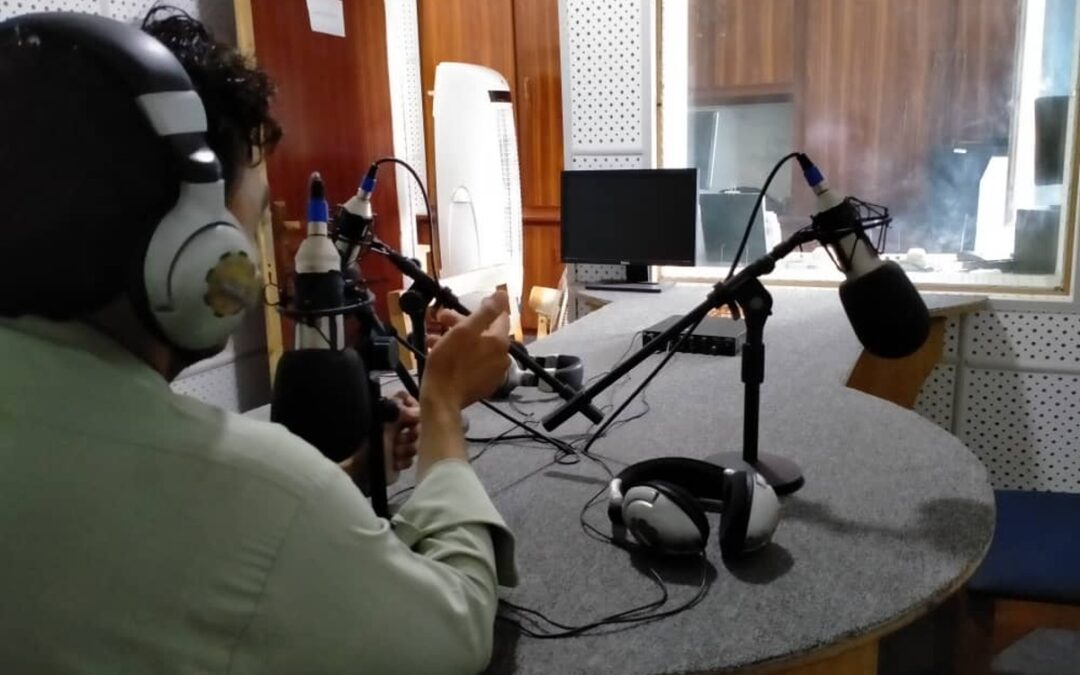Television stations in Badghis province have ceased operations after the local Taliban administration issued a directive prohibiting the broadcast of live images, according to a statement by the Afghanistan Journalists Center (AFJC).
The restriction has forced media activities in the province to be limited to written and audio content, the center said.
The AFJC reported that both the state-run National Television under Taliban control and the privately owned Ubur Television have stopped broadcasting in compliance with the new rule. Other local media outlets, including radio stations and freelance journalists operating online, have also been compelled to adhere to the ban.
Expressing concern over the decision, the AFJC described the Taliban’s move as “extremely regressive” and called for a reconsideration of the policy, which it said further undermines press freedom in Afghanistan.
Local sources confirmed to Amu TV that all filming by journalists in Badghis has been halted. According to the AFJC, the directive was officially communicated to media outlets and reporters via a WhatsApp message from the provincial Department of Information and Culture.
The message, reportedly issued under the guidance of the provincial governor and based on the Taliban’s law on “Promotion of Virtue and Prevention of Vice,” instructed media outlets to refrain from using images of living beings in their news coverage. Instead, it recommended the use of inanimate objects such as buildings or relevant landscapes.
Badghis is the third province, following Kandahar and Takhar, to impose an official ban on live images, photographs, and video interviews. Journalists in other provinces, including Helmand, Logar, Maidan Wardak, and Daikundi, have also reported signs of similar restrictions being enforced.
The Taliban’s edict is rooted in Article 17 of their “Promotion of Virtue and Prevention of Vice” law, which was signed into effect by Taliban leader Hibatullah Akhundzada in July. The article empowers officials to prevent the publication of material containing images of living creatures.
The AFJC expressed deep concern over the impact of this decision, particularly in Badghis, where it has already led to the shutdown of television stations. The organization urged Taliban authorities in Kandahar and other decision-making bodies to reconsider the ban and rescind other media-related restrictions introduced in recent years, allowing journalists to operate freely and without fear in accordance with Afghanistan’s media laws.
The AFJC called on the Taliban to ensure that Afghan media professionals can work without facing arbitrary restrictions and to uphold the freedom of the press.





